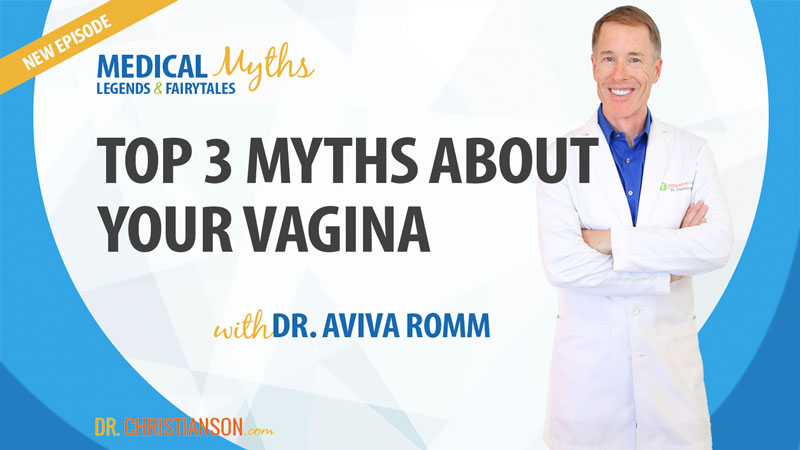I want to start by talking about thyroid levels.
This is something that is a bit counterintuitive, and that’s because it’s not just a matter of too little hormone. It can be, but it can also be a matter of too much (or big fluctuations).
More thyroid is not always the answer, which means that simply prescribing it as a way to combat hair thinning or hair loss doesn’t solve the problem, it can even make it worse.
So, what about autoimmunity and high thyroid antibodies? Do high thyroid antibodies affect hair loss, and what should we know about them? (Read More: The Essential Guide To Thyroid Antibodies)
I dug really deep into this, but the vast majority of the data suggests that it’s not an issue — one study did state that it may make hair more fragile, but nothing more. This was also done on a population without good thyroid function and a small population at that.
The best data we have is that thyroid antibodies should not be a culprit for hair loss. That is not to say that you couldn’t have high antibodies and have hair loss, it can still happen, but in cases like that, we wouldn’t focus on thyroid antibodies.
Instead, we might focus on:
- How is your cortisol?
- Are your thyroid levels good?
- Are you nutritionally-replete?
- Is anemia an issue?
If your hair is thinning, and your antibodies are dialed in, that is probably not the most powerful lever you should focus on pulling. Elsewhere in your body is the key.
What Else Can Be Relevant?
As we mentioned before, high cortisol can be a factor (as in the case with androgenetic alopecia).
That said, I have not found suggesting that chronically-low cortisol or a bad cortisol curve that it can be a clear trigger. On the other hand, high cortisol definitely is one.












